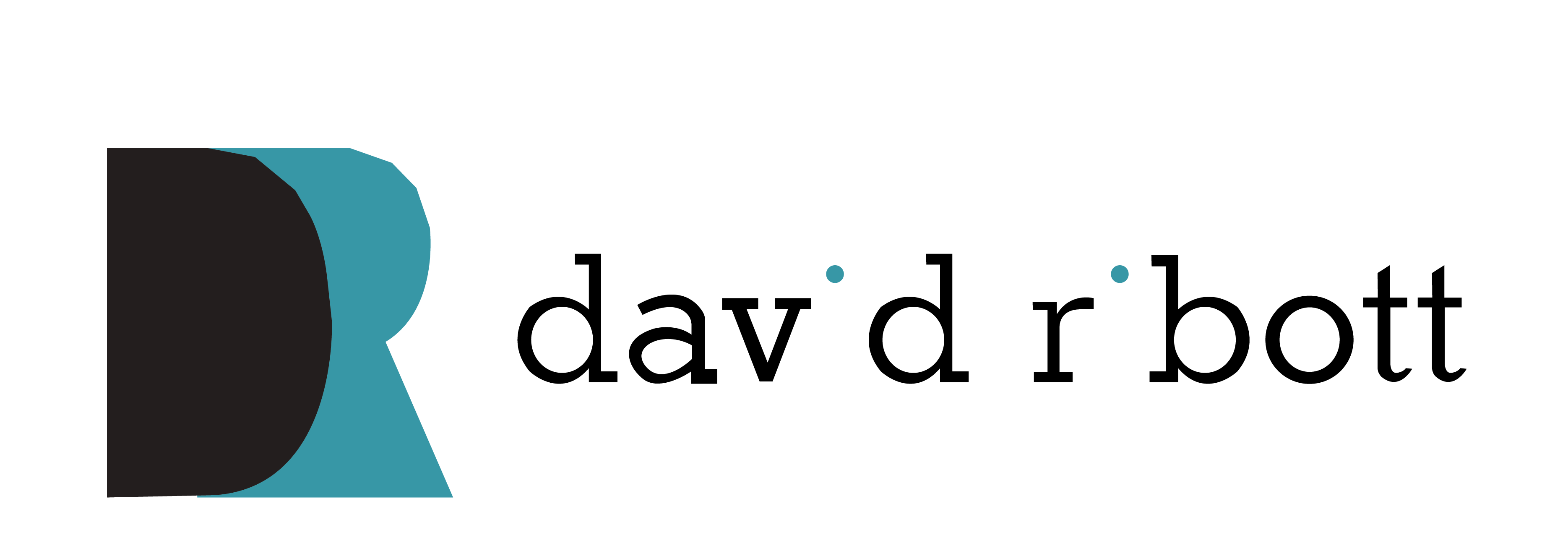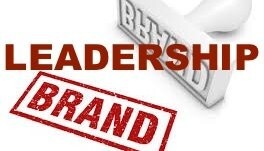A little over a week ago, a colleague and I who were recognized by the CHRO Asia as 100 Best Global Coaching Leaders hosted a webinar with our US-based partner Strengths Strategy, Inc. for current coaches-in-training, aspiring coaches, and experienced certified coaches.
The webinar was a great experience and the audience asked some great questions. One question that stimulated me at the time and provoked me to further self reflect was the issue of “legitimacy” as a coach.
In the moment, I answered the question by sharing commitment to develop mastery as a coach was essential.
More to the point, without the disciplined practiced of the specific activities that build up a coach’s technical and behavioral skills, one can become good, but not a great coach.
And in my humble opinion, if you as a coach are settling for less-than your best what kind of impact can you “legitimately” have on your clients and the things they’re wanting for themselves?!?
What I later also noticed were the limiting beliefs hidden inside that question.
I’ll define a limiting belief for the purposes of this context as beliefs / ideas that restrict a person in some way.
In my experience as senior faculty for coach development, I have come across many instances during the developmental process for coaches where they question themselves, “how can I work with c-suite clients” or “who am I for others to listen to?”
And I find the process fascinating because at the heart of it, to help clients move past their limiting beliefs, a coach must be able to move pass their own.
Without the experience of doing it for yourself, the deep work necessary to recognize it, manage it, and move passed it in order to achieve,
how can a coach know how to partner with clients to help them navigate their own limiting beliefs?





